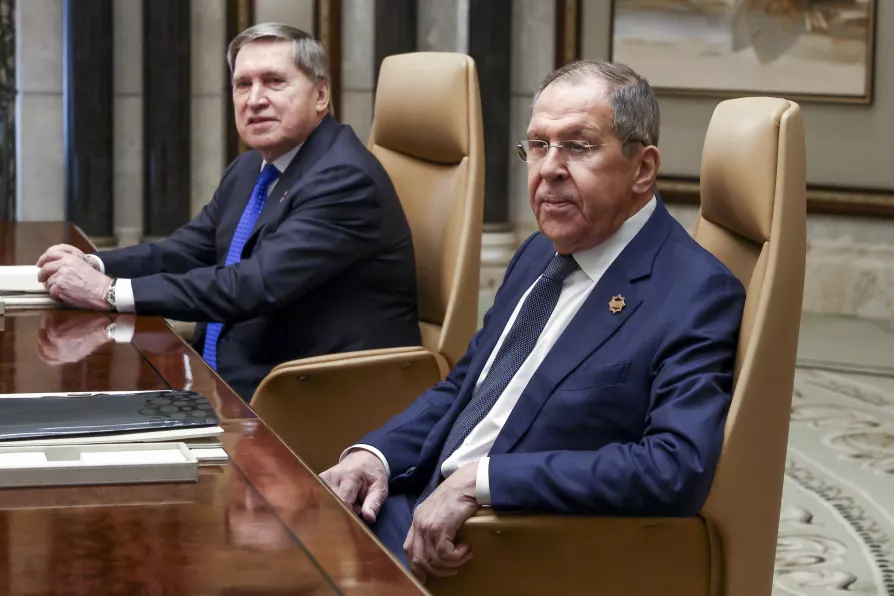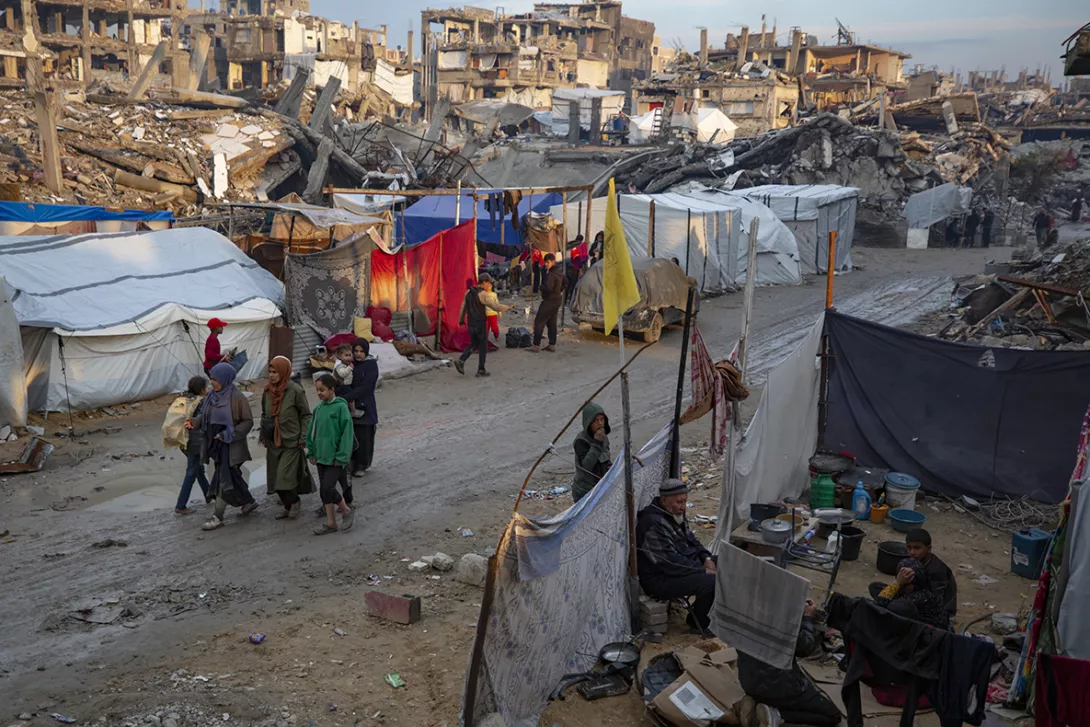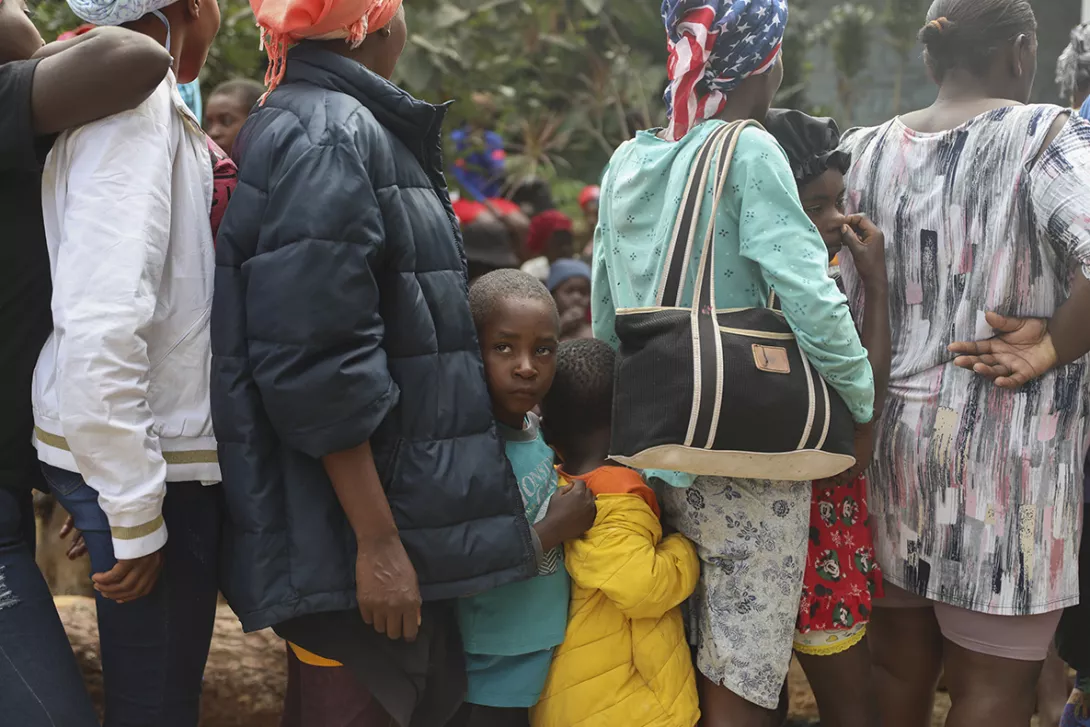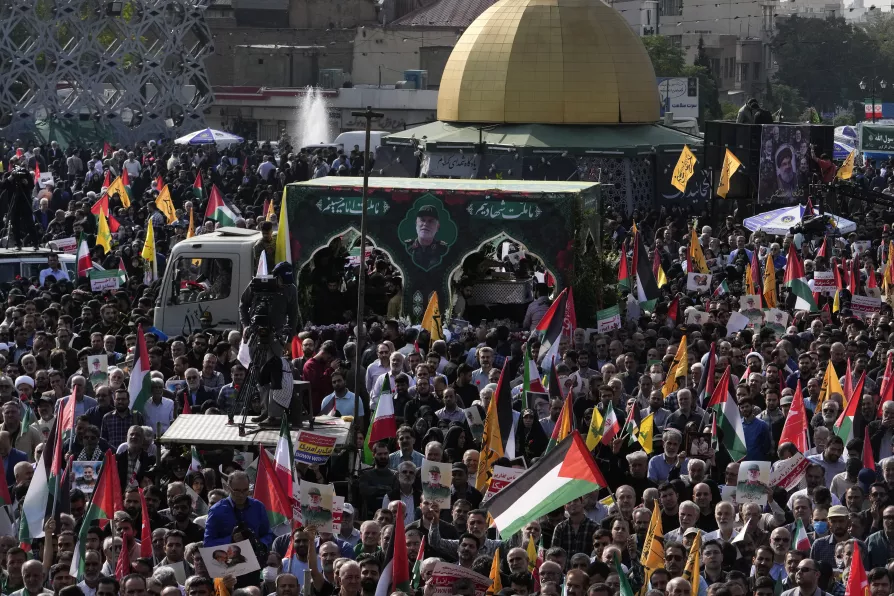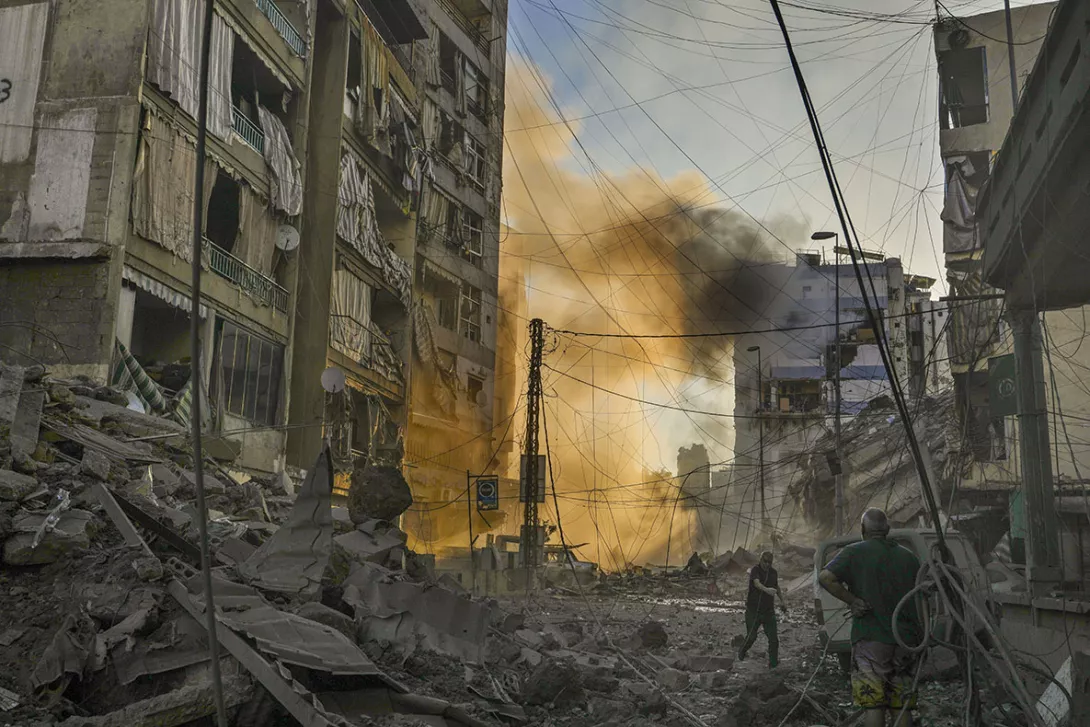Hezbollah leader agreed to ceasefire hours before assassination, Lebanese Foreign Minister says
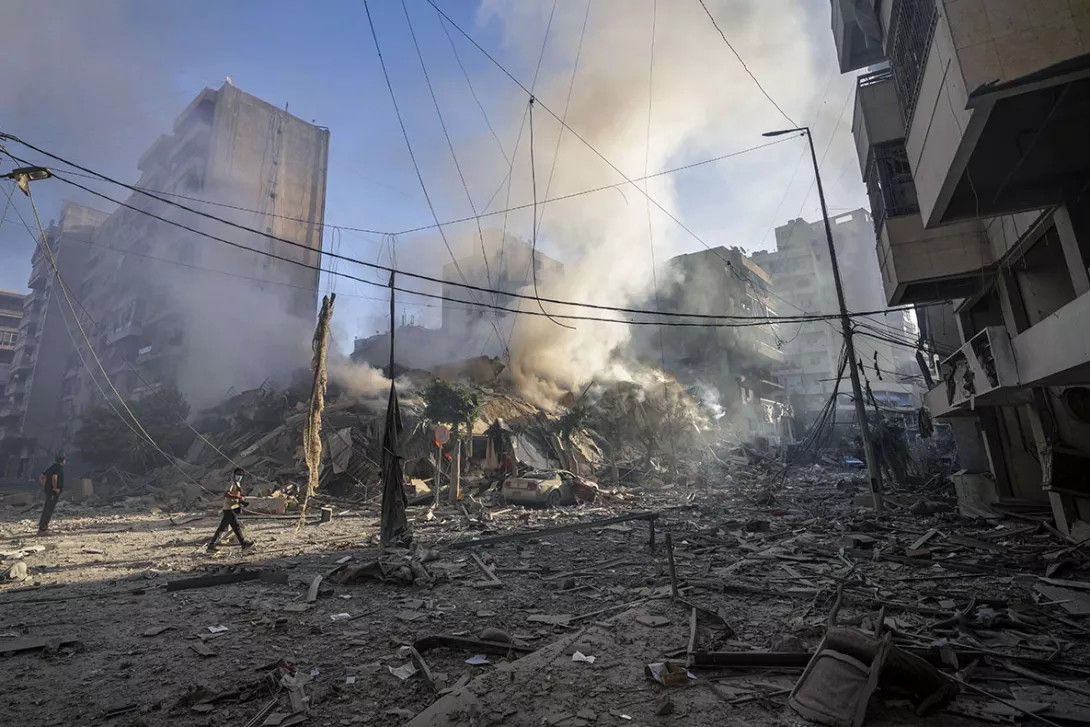
HEZBOLLAH agreed to a ceasefire hours before its leader Hassan Nasrallah was assassinated in an Israel air strike on Beirut, Lebanese Foreign Minister Abdallah Bou Habib said today
The sensational claim came during an interview with Christiane Amanpour on US broadcaster CNN.
Mr Habib said that Mr Nasrallah’s agreement to the ceasefire had been communicated to both the US and French governments.
More from this author
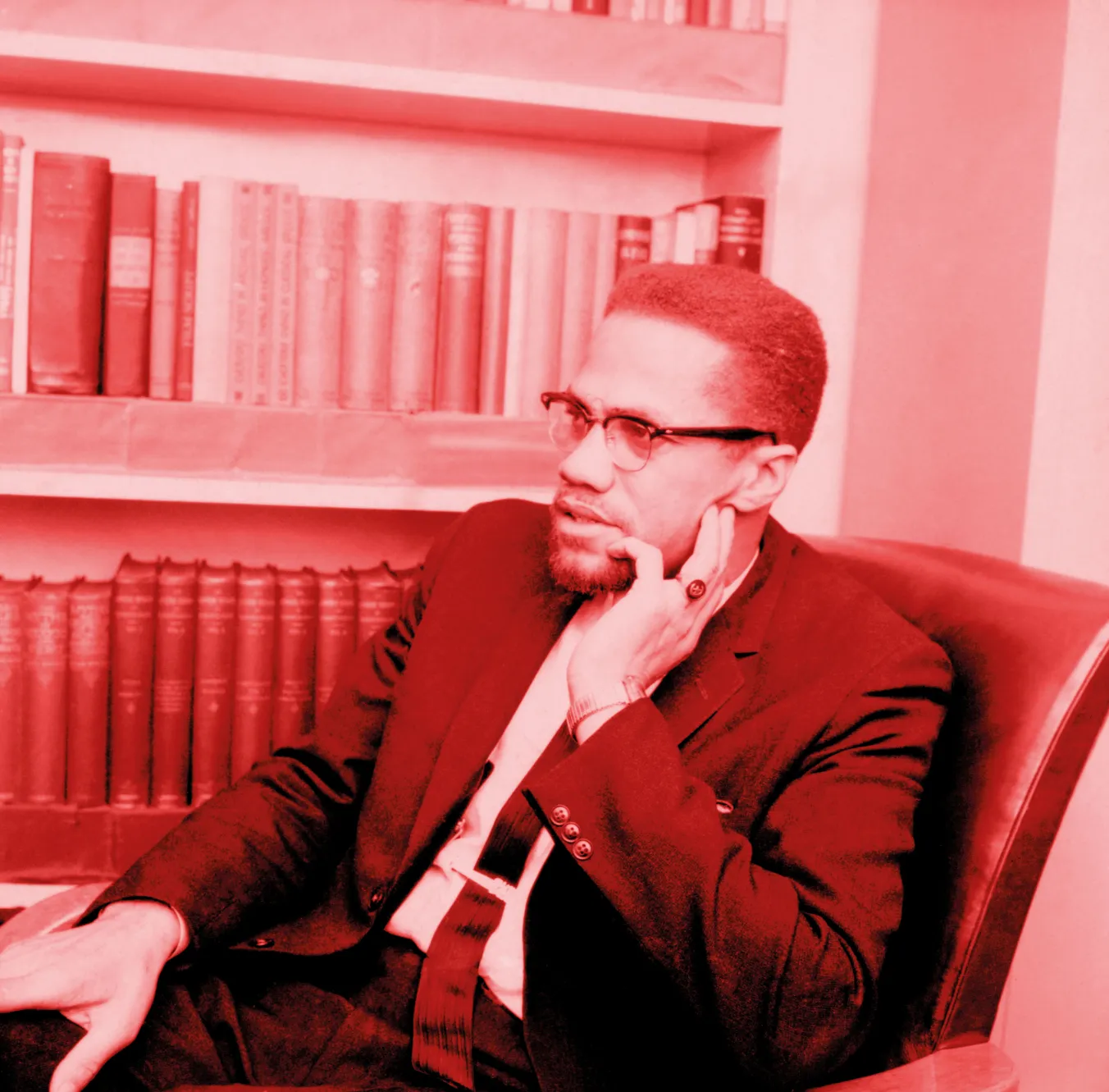
ROGER McKENZIE looks back 60 years to the assassination of Malcolm X, whose message that black people have worth resonated so strongly with him growing up in Walsall in the 1980s
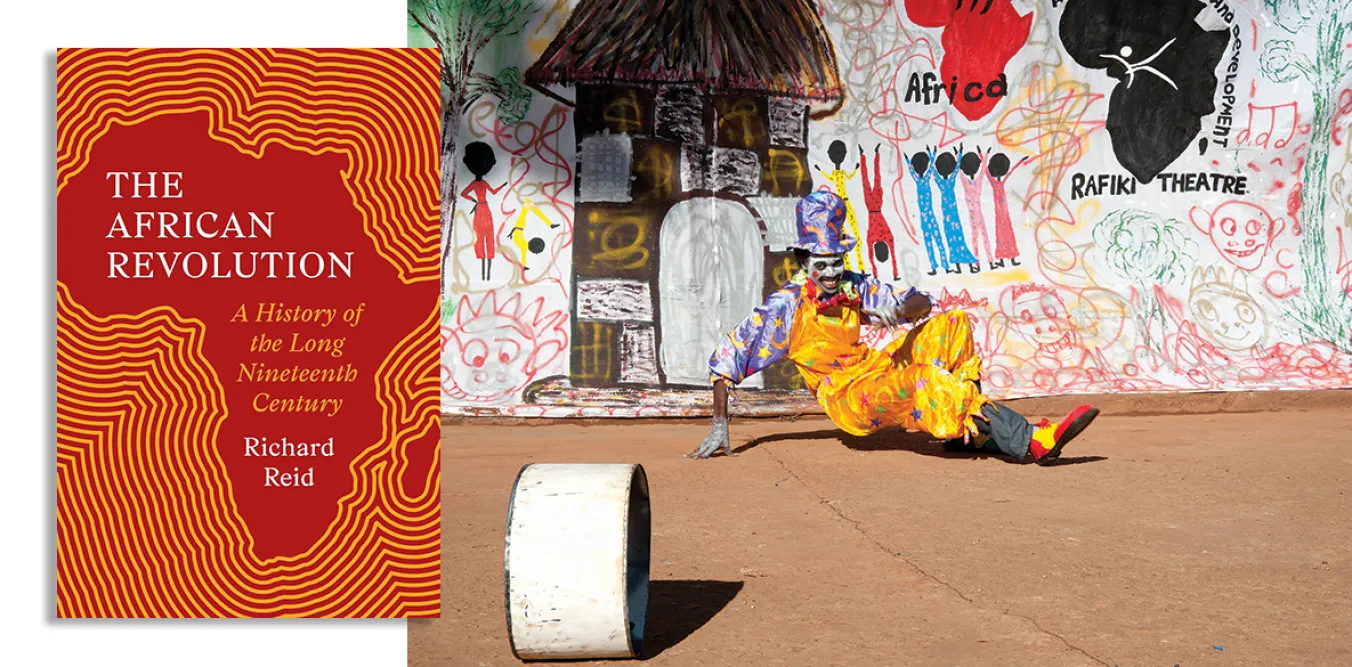
ROGER McKENZIE welcomes an important contribution to the history of Africa, telling the story in its own right rather than in relation to Europeans
Similar stories
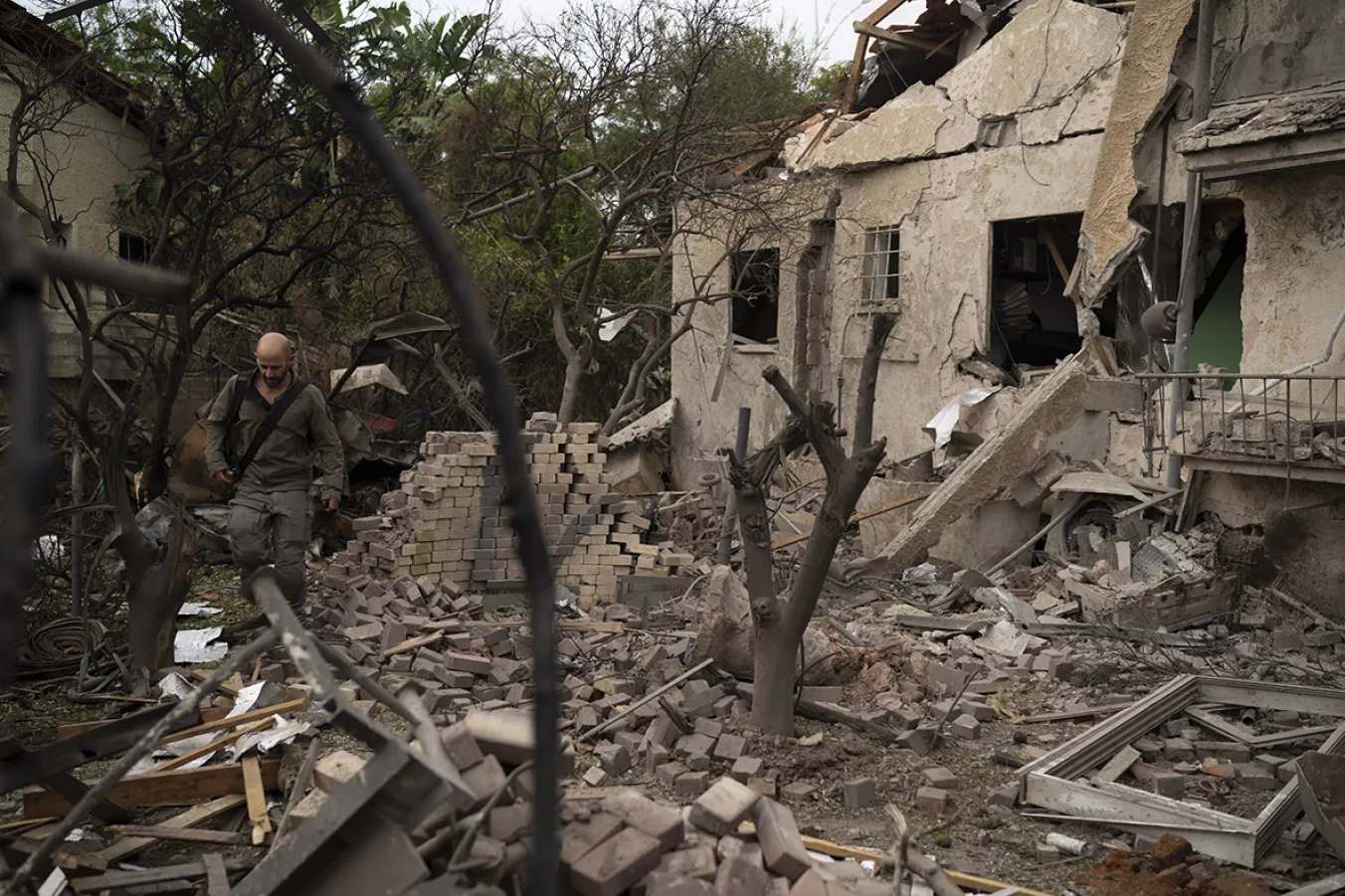
The attack comes in response to deadly Israeli strikes on Beirut
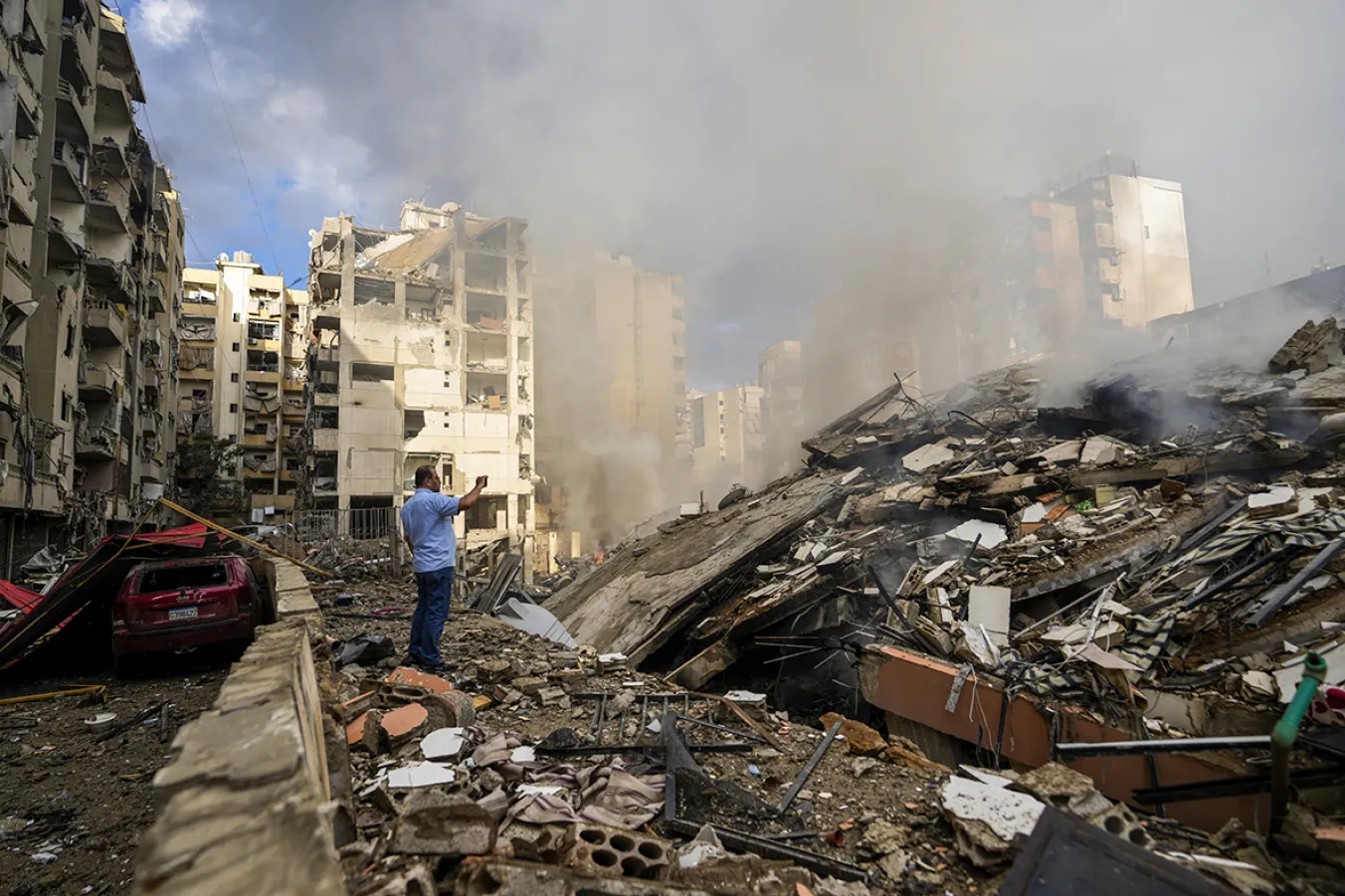
Iran launches multiple missiles at Israel after it invades Lebanon


